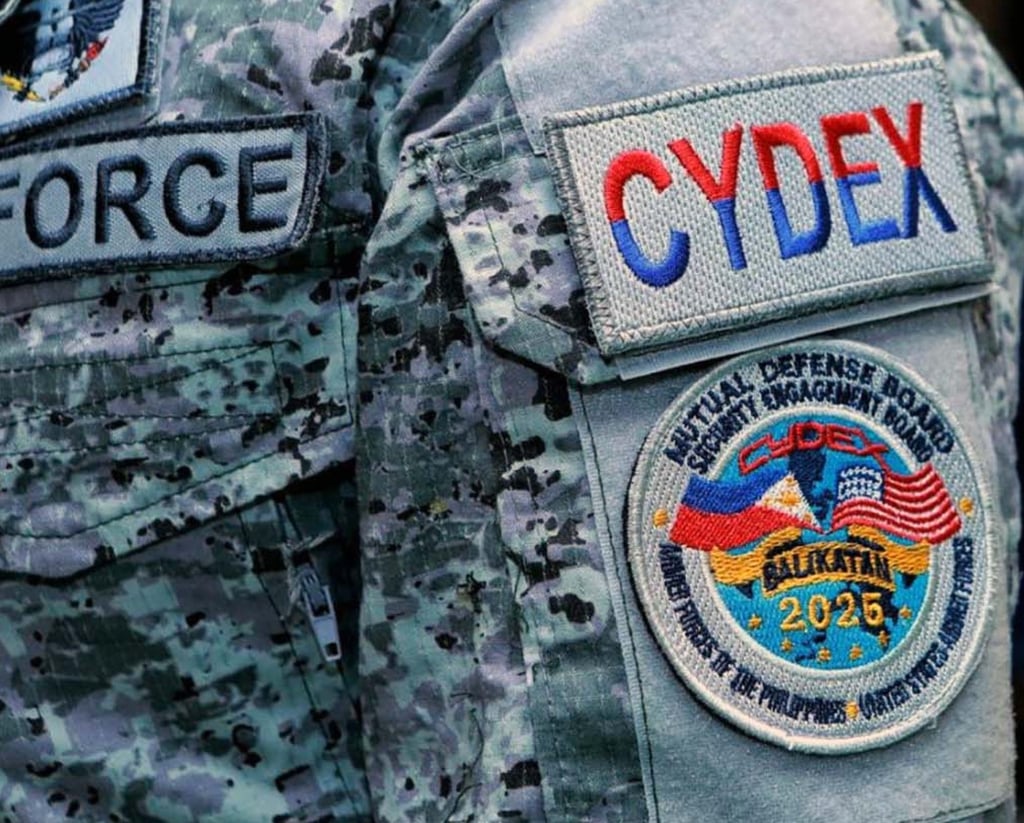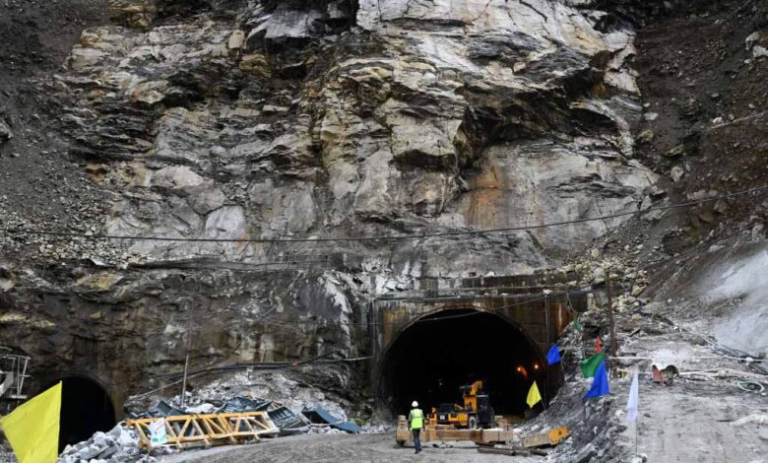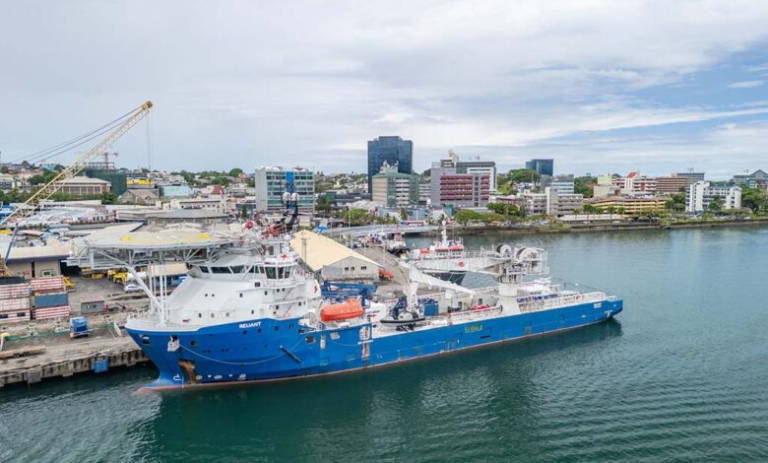
The United States and the Philippines are preparing to hardwire advanced cyber operations into the heart of their annual war games, signalling a shift from merely talking about digital threats to practising how to fight through them.
Jennifer Schmidt, head of the US embassy’s information and communications technology unit, said specialised training ranges and sophisticated threat-emulation software would be incorporated into next year’s Balikatan drills so troops could rehearse defending networks and critical systems under fire.
She described cyber cooperation as an emerging “central pillar” of the US-Philippines alliance, on a par with maritime and air defence.
The goal was to bake cyber defence into all levels of government and develop “a deeper, more resilient technical partnership” that linked battlefield interoperability with the protection of national infrastructure, Schmidt told the 2025 Pilipinas Conference in Makati City last Thursday.

Manila has sought to improve its cyber capabilities in recent years with the creation of the Philippine military’s “cyber command” and its National Cybersecurity Plan 2023–2028. But though these and other reforms signal political will, analysts say a steep learning curve remains.
The shift from “ad hoc workshops” towards making cyber a central pillar of the US-Philippines alliance “should imply sustained funding, permanent dialogue channels” and its integration into joint drills, said Arnaud Leveau, a geopolitics professor at Paris Dauphine University.
“This is also a response to ‘grey-zone’ pressure from China at sea and in the information space,” he said.
‘Future confrontation’
The United States, Japan and Australia have all rolled out new initiatives to help build Philippine cyber capacity, from training programmes and technical exchanges to frameworks for protecting critical infrastructure.
Yet Manila’s cyber defences remain fragmented and comparatively underresourced. Civilian networks rely on the Department of Information and Communications Technology’s Cybersecurity Bureau and the National Computer Emergency Response Team, while the military has its newly established cyber command.
Banks and critical private operators are also building their own cyber teams, but “coordination with the government is still a work in progress”, according to Leveau.
In May, Manila and Canberra agreed to deepen cooperation on cybersecurity and cyber defence, including through Australia’s “Defend Forward” strategy and potential capacity building.
Japan has separately reaffirmed its commitment to strengthening Manila’s cyber resilience, complementing US and Australian efforts.
Analysts say this surge of interest reflects a common concern over Chinese-linked cyber operations, even as the Chinese embassy in Manila has repeatedly rejected allegations of involvement and accused others of politicising cyber issues for geopolitical gain.
“There are all these ongoing Chinese cyberattacks against everyone all over the world, including the Philippines,” said Sasha Chhabra, a Taipei-based security researcher, adding that cyber was “going to be a part” of “any future confrontation”.
Recent incidents include a hacker posing as a Philippine coastguard official attempting a malware attack on a government vessel in May, and an attempted cyberattack on the email systems of President Ferdinand Marcos Jnr and key national agencies in January last year.
In each case, the Chinese embassy in Manila denied any involvement and reiterated Beijing’s opposition to hacking, warning against making “groundless accusations”.
Playing catch-up
Disinformation campaigns, cyberespionage and state-linked incursions “are increasingly sophisticated and disruptive, striking at the core of national security and public trust,” Victor Andres Manhit, president of the Stratbase Institute, said at last week’s Pilipinas Conference.
Filipino security experts like Francisco Ashley Acedillo point to leaks indicating that Chinese entities have systematically mapped and categorised Philippine networks.
“China, in particular, has developed a comprehensive approach to cyber operations that merges state, military, academic and private sector capabilities,” said the former deputy head of Manila’s National Intelligence Coordinating Agency, citing a recent leak of documents from a prominent Chinese cybersecurity firm with ties to the Chinese government.
Philippine agencies are trying to keep pace. The Department of Information and Communications Technology has launched initiatives such as “Oplan CyberDome” to protect government digital services and privately operated critical infrastructure, while President Marcos has ordered preparations for possible distributed denial-of-service attacks.
From a European perspective, it represents a useful step towards greater regional resilience
Arnaud Leveau, professor of geopolitics
Yet Manila is still in the early stages of building coherent cyber defences, with coordination gaps across sectors, according to Sherwin Ona of the Philippine Public Safety College’s cyber leadership programme.
Calling US involvement a “welcome development”, he said it “elevates cyber as a national security concern and underscores the importance of achieving resilience”.
Leveau said that the real test would be in the Philippines’ ability to train and retain specialists and sustain investment, while exploring ways for partners such as the European Union to contribute to capacity building in a more balanced, less US-centric way.
“From a European perspective, it represents a useful step towards greater regional resilience,” he added.





